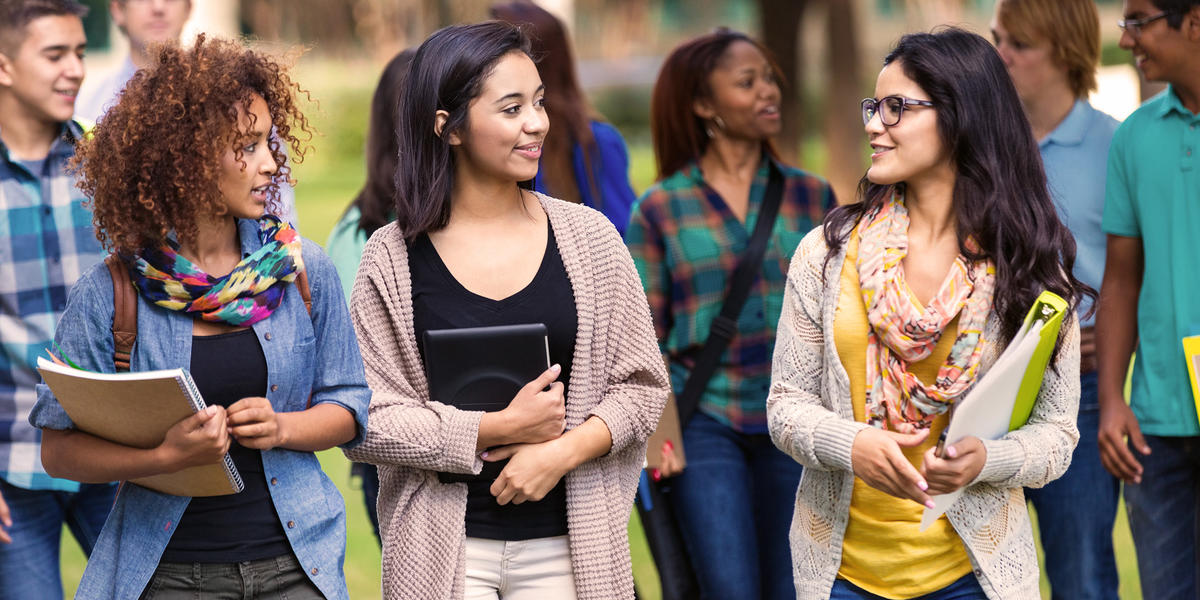Teaching is the one profession that creates all other professions.
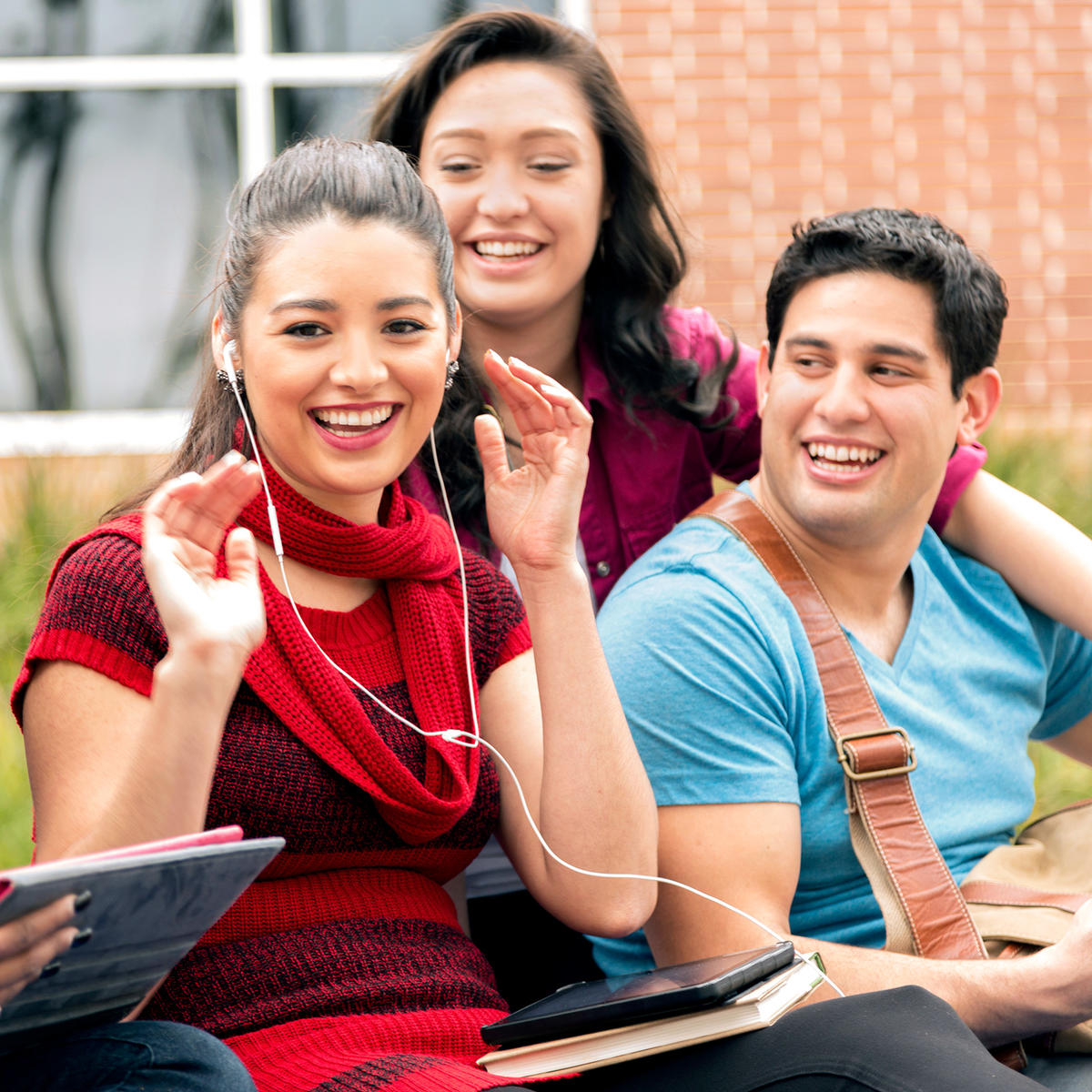
The Future Teachers Network (FTN) provides activities and materials primarily for, but not limited to, Latina/o/X and other underrepresented students to explore teaching pathways. Through an online platform, prospective and current students interested in teaching can come together to network, support, and grow with one another. For example, FTN provides opportunities for students to interact directly with in-service teachers from similarly underrepresented backgrounds by celebrating diverse cultural and educational backgrounds. FTNs mission is made up with three goals in mind: Support, Community and Development. Participating members include: pre-college aspiring teachers, pre-credential college students, and current K-12 teachers.
Studies have shown that students fare better when they have a teacher that looks like them. Centering social and cultural identity and experiences, as represented by the teachers from diverse backgrounds, empowers all students to stay on the path to graduation. EDU|CAL is committed to providing support and information to better prepare future teachers to best serve an increasingly diverse demographic.
In addition to all of the online resources, there will be different opportunities to meet with the Future Teachers Club in person, such as the Annual Symposium and community events hosted throughout Ventura County and the San Fernando Valley in the Fall, Winter, and Spring. These events will serve as a way for anyone who is interested to receive information and ask any questions they may have.
Teacher Talks Series
In this series, students will have an opportunity to hear from educators and administrators. On-demand videos will be posted soon but you can read about our featured speakers below. You can also stay tuned on our Instagram.
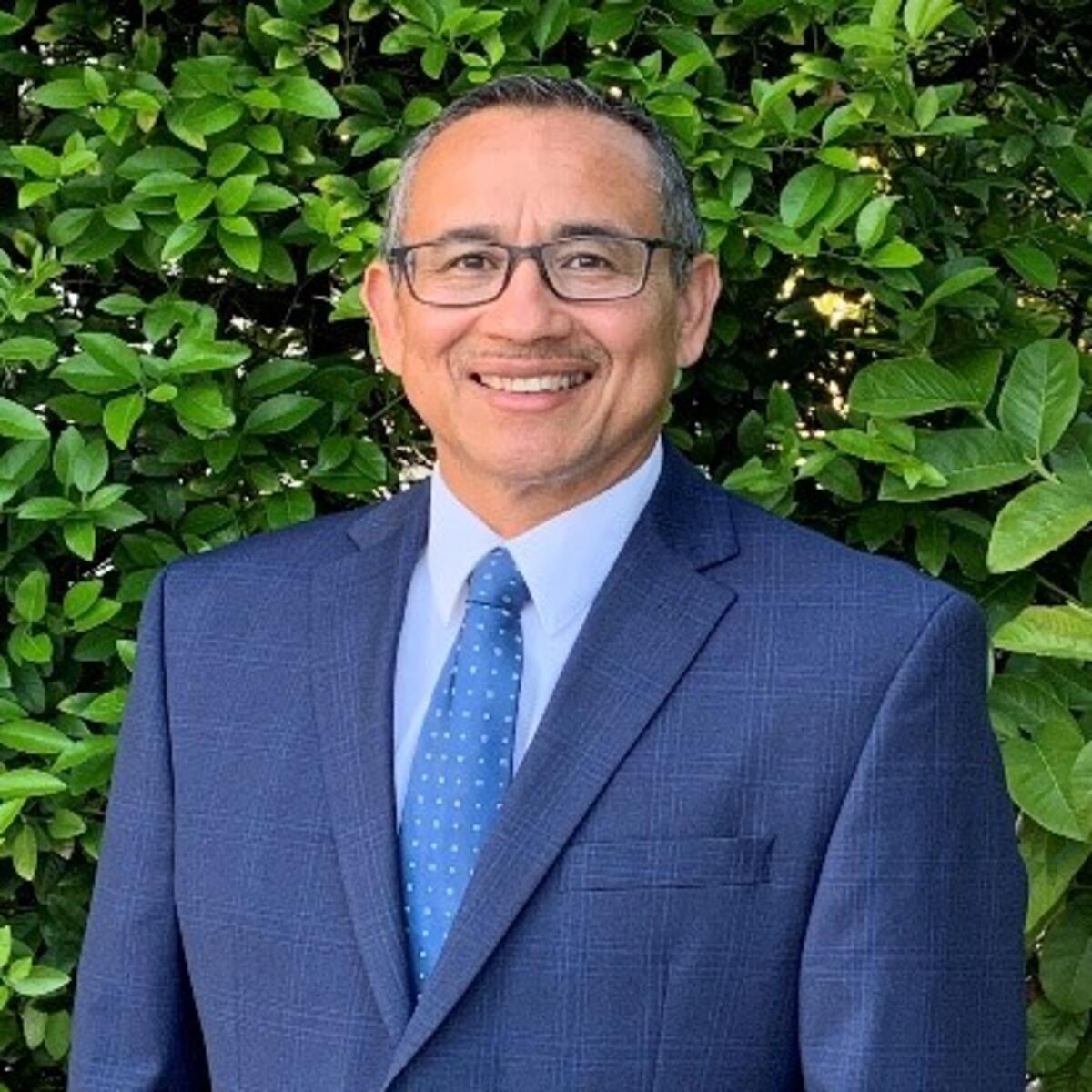
Dr. Jesus Vaca is entering his 30th year in public education. Having started his career as an elementary teacher in LAUSD in 1991, he had the great fortune of working for the Los Angeles USD, Palmdale USD and Santa Monica-Malibu USD before returning to Ventura County. Over the past nineteen years he served in the Ventura USD and Oxnard SD. He currently serves as the Superintendent/Principal for the Somis Union School Distrtict. Dr. Vaca grew up in Fillmore and currently lives with his wife Sandra and three sons (Christian, Alec and Oskar) in Northridge. He is deeply committed to providing every student with the support necessary to succeed.
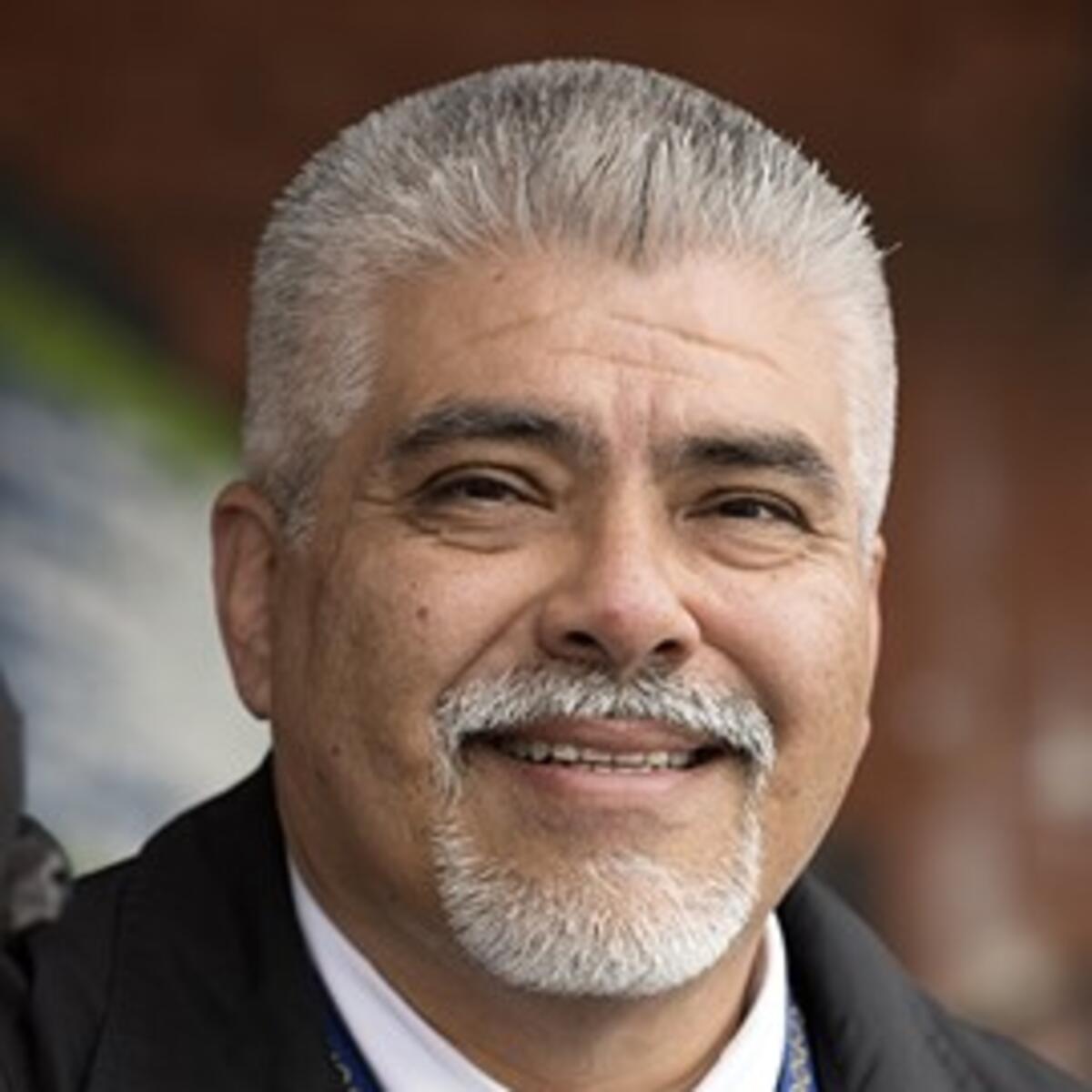
Dr. Chavez was born in Mexico and raised in San Diego, California. He earned a Bachelor’s Degree in Biology from University of California, San Diego; a Teaching Credential from Cal State, Los Angeles; and an Administrative Credential and Master’s Degree in Educational Leadership from Cal Poly Pomona. In 2017, he earned his Doctorate Degree in Educational Leadership from Cal Poly Pomona, the same year he was honored with the 2017 Distinguished Alumni Award for the Cal Poly Pomona College of Education and Integrative Studies.
Before coming to Fontana, Mr. Chavez was a Classroom Teacher, Categorical Resource Teacher, and an Assistant Principal in Pomona Unified School District. He also worked as a Teacher with the Los Angeles County Office of Education Juvenile Court Schools. In Fontana, he was the Principal of Redwood Elementary School from 2007 until 2012, when he became the Proud Principal of Fontana Middle School (FMS) until 2020. In 2020, he became the Director of English Language Learner Programs and Student Achievement for Santa Ana Unified School District. He is also an Adjunct Instructor for the College of Education and Integrative Studies at Cal Poly Pomona in the Administrative Credential Program.
Dr. Chavez’s pedagogical mission is not only to prepare INDIVIDUAL students to escape poverty and injustice, but to empower ALL students with the critical knowledge and skill sets needed to become agents of change and one day end poverty and injustice in their community and beyond.
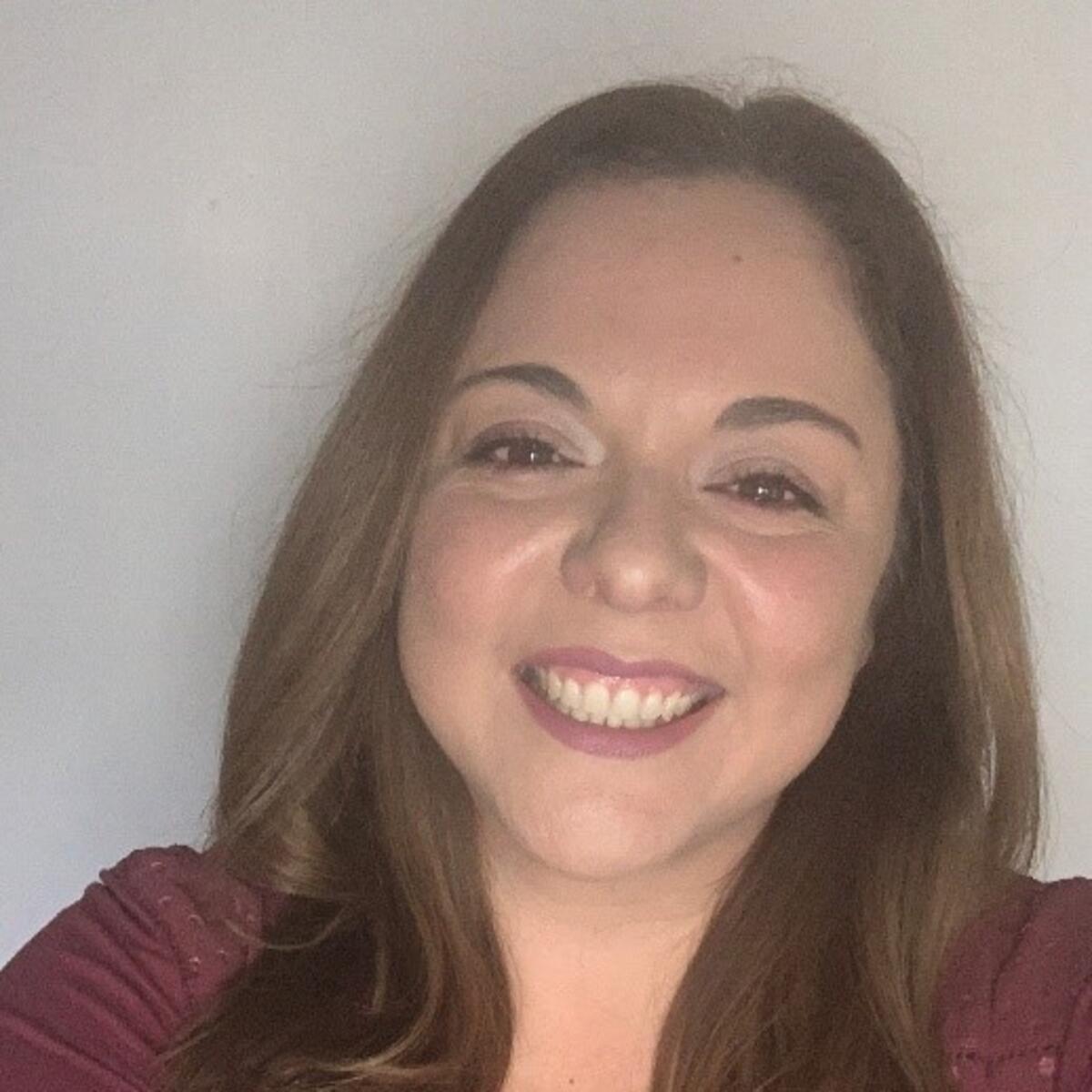
Elizabeth Montano was a Middle School Teacher for 19 years. Recently, she became an Administrator. She is also currently working on a Doctorate in Education conducting research with the Mixteco community which is an Indigenous group from Oaxaca of which we have over 12,000 students in Ventura county. Her goal has always been to provide access to education and advocate for the marginalized in society.
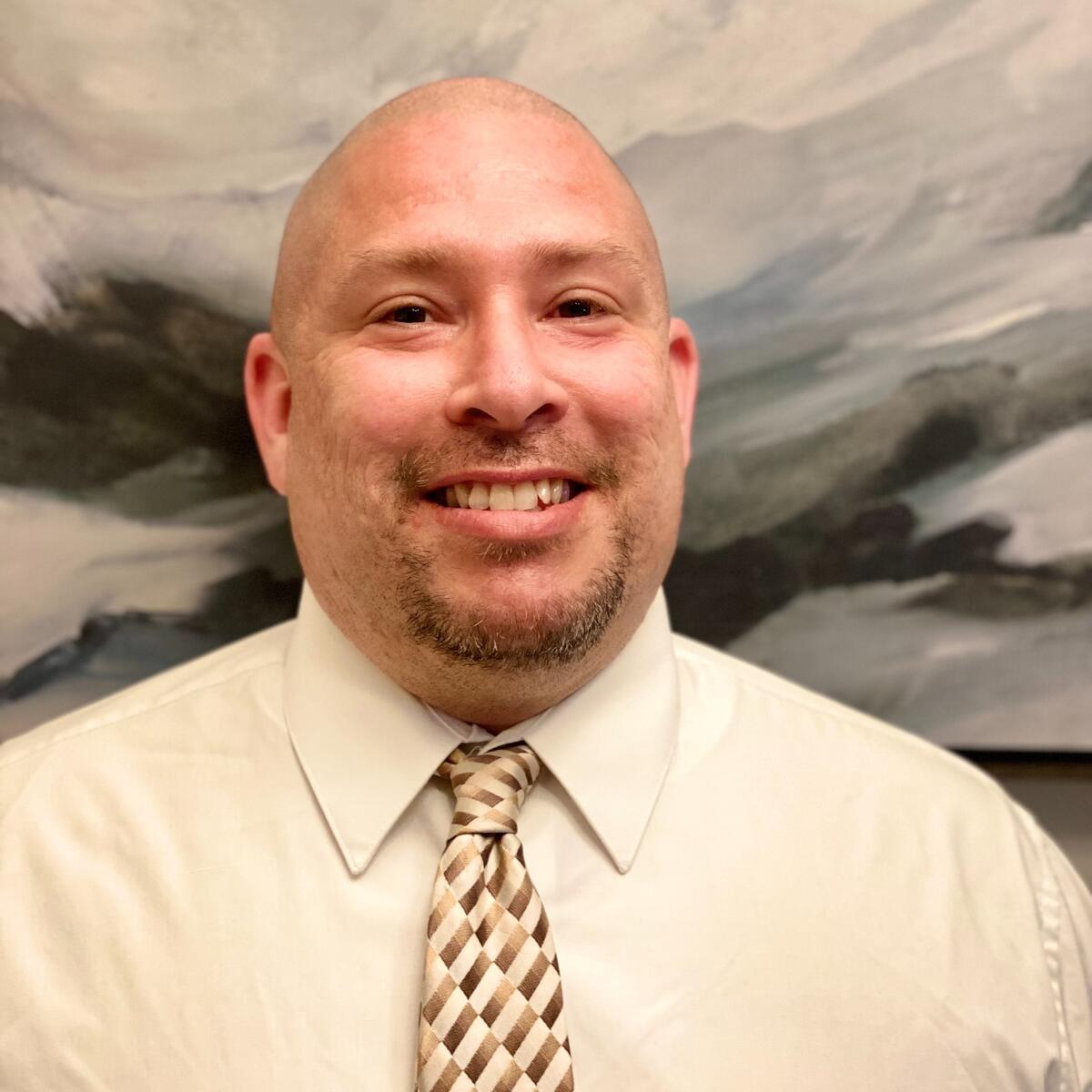
David Topiltzin (Topi) Sanchez is an assistant principal at Channel Islands High School. Prior to his tenure at Channel Islands high, Mr. Sanchez spent more than 18 years in various teaching positions at Santa Paula High School and Oxnard High School.
His experiences in starting as a long-term substitute teacher, and later joining the Santa Paula High School District as a full-time teacher, have provided the opportunity to work alongside and collaborate with a diverse group of people who share the common goal of increasing student achievement.
As a lifelong Ventura County resident, he grew up attending some of the same schools his past and current students come from. Mr. Sanchez’s educational philosophy is based on his uncompromising belief that all students have the potential to do great things. He works toward creating and maintaining a positive learning environment with a committed educational team to serve students and the community.
Mr. Sanchez graduated from California Lutheran University with a B.A. in English while earning his teaching credential. After several years of teaching, he pursued his Administrative Certification, which he obtained in 2017. He resides in Ventura with his wife and two children.
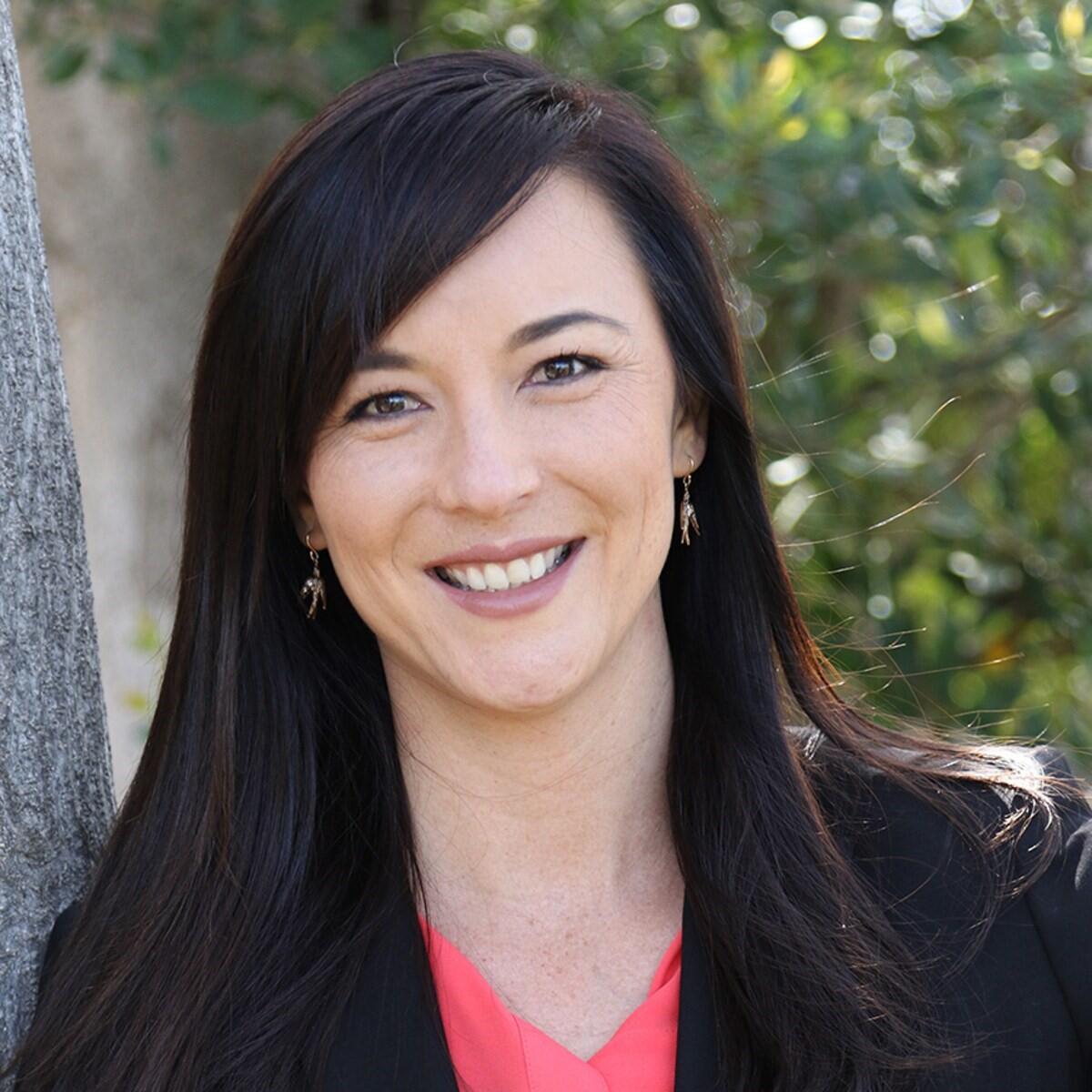
Dr. Kristen Walker graduated Summa Cum Laude from Point Loma Nazarene University in San Diego, CA, where she earned her B.A. and Multiple Subject Teaching Credential. She earned her Master’s Degree in Educational Leadership, an Administrative Services Credential, and a Certificate in Gifted and Talented Education (GATE) from Azusa Pacific University. She later earned her Doctorate in Educational Leadership from California Lutheran University. After over a decade working as an elementary classroom teacher, she now serves as the Assistant Director of Meadows Arts and Technology Elementary School and is an Adjunct Faculty member at Cal Lutheran for the Interdisciplinary Educational Studies program.
In 2015, Dr. Michele R. Dean was appointed as the Field Placement Director & Lecturer for the Department of Learning & Teaching, Graduate School of Education for California Lutheran University. Dr. Dean joined the CLU/GSOE faculty after 38 years in Pre K- 12 public education across four Ventura County school districts. As a public school educator, she served as a 20-year bilingual classroom teacher. In addition to serving as a bilingual teacher, she has served as an instructional coach, mentor teacher, middle school assistant principal, district professional development administrator and an elementary dual language program principal.
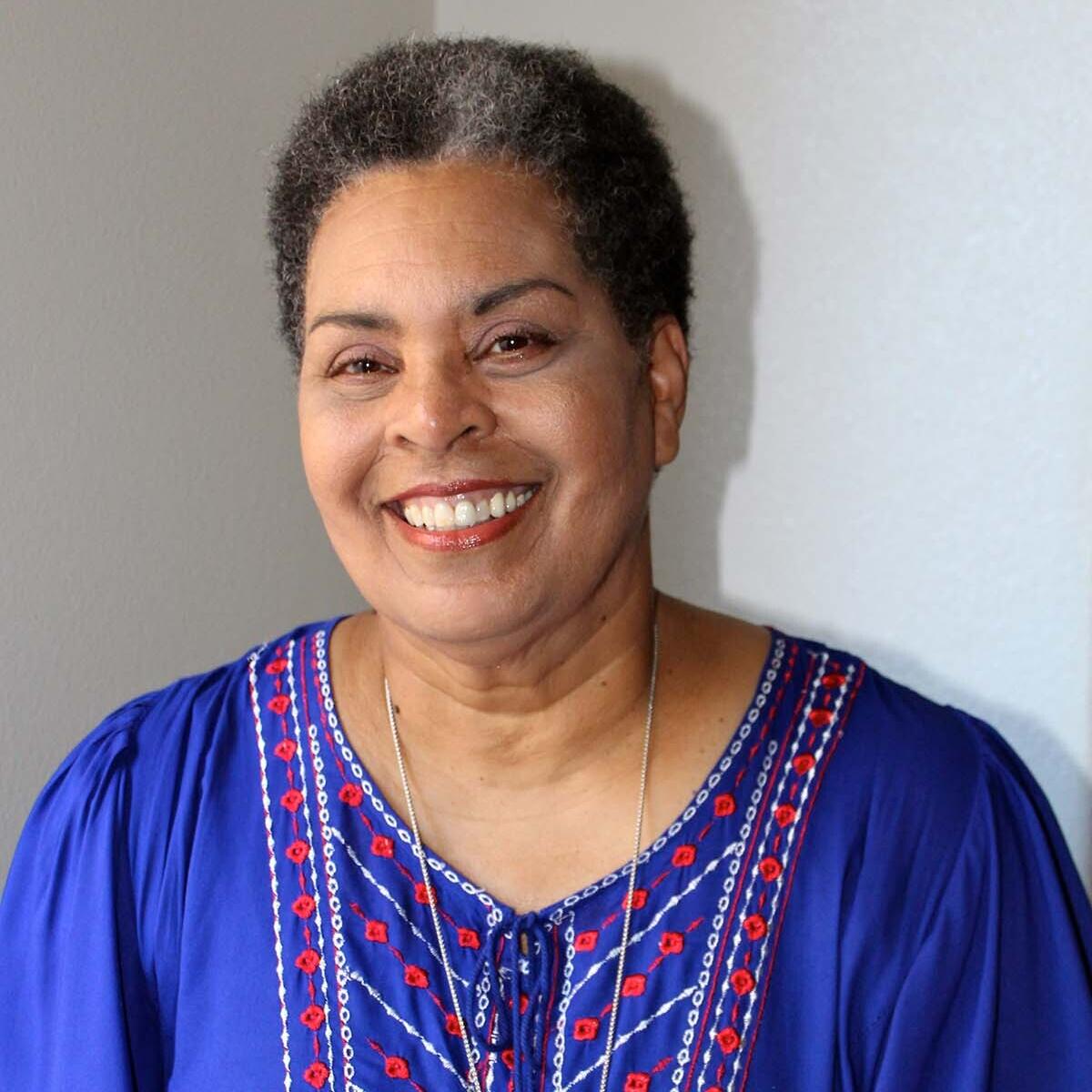
In her final public school leadership position, Dr. Dean served as the Coordinator for the Ventura County Indian Education Consortium, a federal United States Department of Education Program.
For the last six years as a CLU faculty member and teacher educator, Dr. Dean studies the topics of equity, race and language as assets in educational leadership. Her latest scholarship, “My Journey in Spanish Language Acquisition and Dual Language Leadership, As an African American Woman” was published in The California Association for Bilingual Education Multilingual Educator in March 2021.
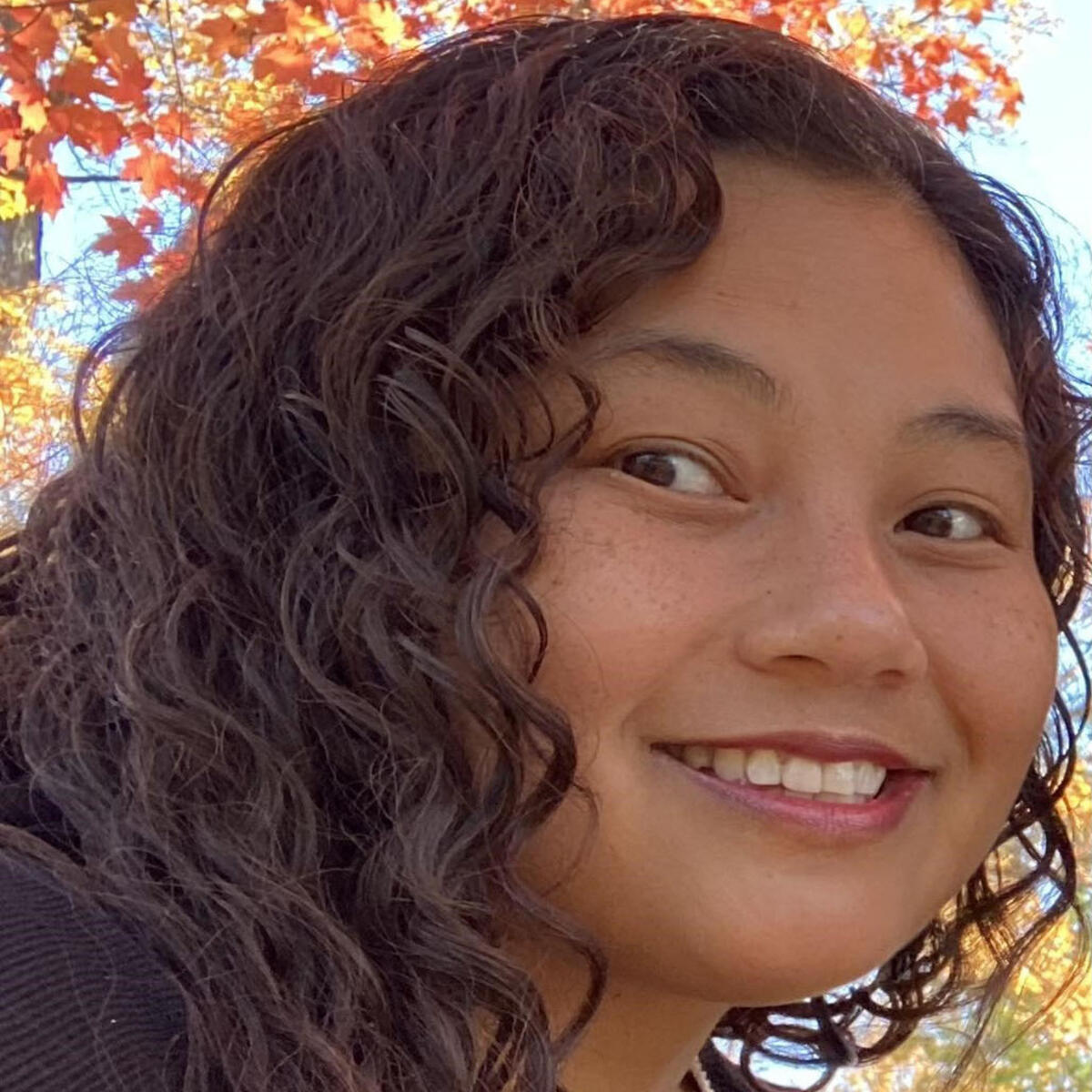
Angelica Torralba-Olague is both a secondary ed and college level educator in Minneapolis Minnesota. Raised on the south side of the city, Angelica began her US schooling in kindergarten as an English learner, whose first language is Tagalog. This experience came with gifts which have made her shine as an educator, with a deep understanding of the experiences of multilingual high schoolers she teaches at Minneapolis South High School. At South, she also brings her advanced-degreed expertise to college level studies in the Future Educators Pathway program. This is a program that delivers college credit courses to high school students, setting them on the path to a degree and careers in education, which fulfills her inspired dream of increasing the number of BIPOC teachers in the classroom.
A product of Minneapolis Public Schools, Olague, received her B.A. from St. Olaf College, Northfield, MN, with an Ethnic Studies major, and Historical Perspectives minor. She has three advanced degrees: an MA in Education from St Thomas University’s Collaborative Urban Education program; MA in Management; and MA in International Business from St Mary’s University of Minnesota. She has teaching licenses in ESL and Social Studies.
She received the 2021 Minnesota TRiO Achievers Award, she is a National Fellow for the Institute for Teachers of Color (ITOC) Committed to Racial Justice and serves as a mentor for the Education Liberation of MN’s BIPOC Ethnic Studies Network. She has helped students publish their writing in two books: Immigrant Stories: Memories of Home and Dreams for our Future and Words Unburden Me.
Olague and her husband are raising two beautiful children who are proud to be Filipinx, Mexican (Nahua/Aztec) and Native American (Nuwuvi/Southern Paiute). Together they are dedicated to helping students to develop a positive cultural identity and to embark on college careers.
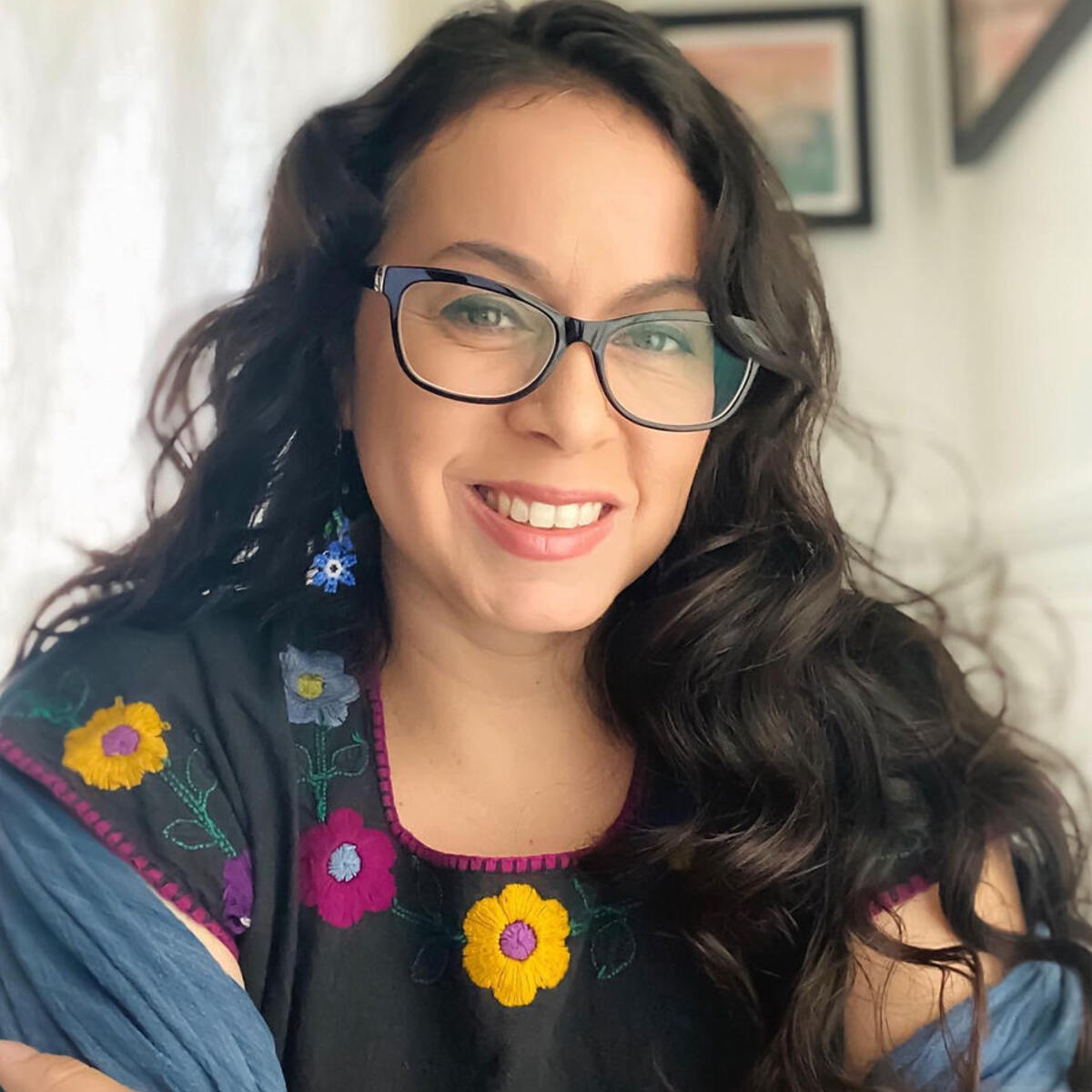
Dr. Irene Sanchez is an award winning Ethnic Studies educator, writer, and poet. An alum of the California Community College system, she went on to transfer and complete her BA at UC Santa Cruz. She completed both her M.Ed. and Ph.D. in Educational Leadership and Policy at the University of Washington-Seattle before returning home to California. A Spring 2021 Pulitzer Center Teacher Fellow and 2019-2020 National Humanities Teacher Advisory Council Member, Dr. Sanchez has taught Ethnic Studies for over ten years at the college/university and high school levels. She is currently the Latino Studies Teacher at all three high schools in the Azusa Unified School District and an instructor for the UCR Extension Ethnic Studies Education Program. For more information see www.irenesanchezphd.com
Melissa Pazos has been teaching for 21 years for the Rialto Unified School District. She has experience being an educator for third, second, and first grade. She has a Bachelor of Arts in Liberal Studies and a Master of Arts in Education. She is currently in the process of getting a Reading & Literacy Certificate Authorization from USC.
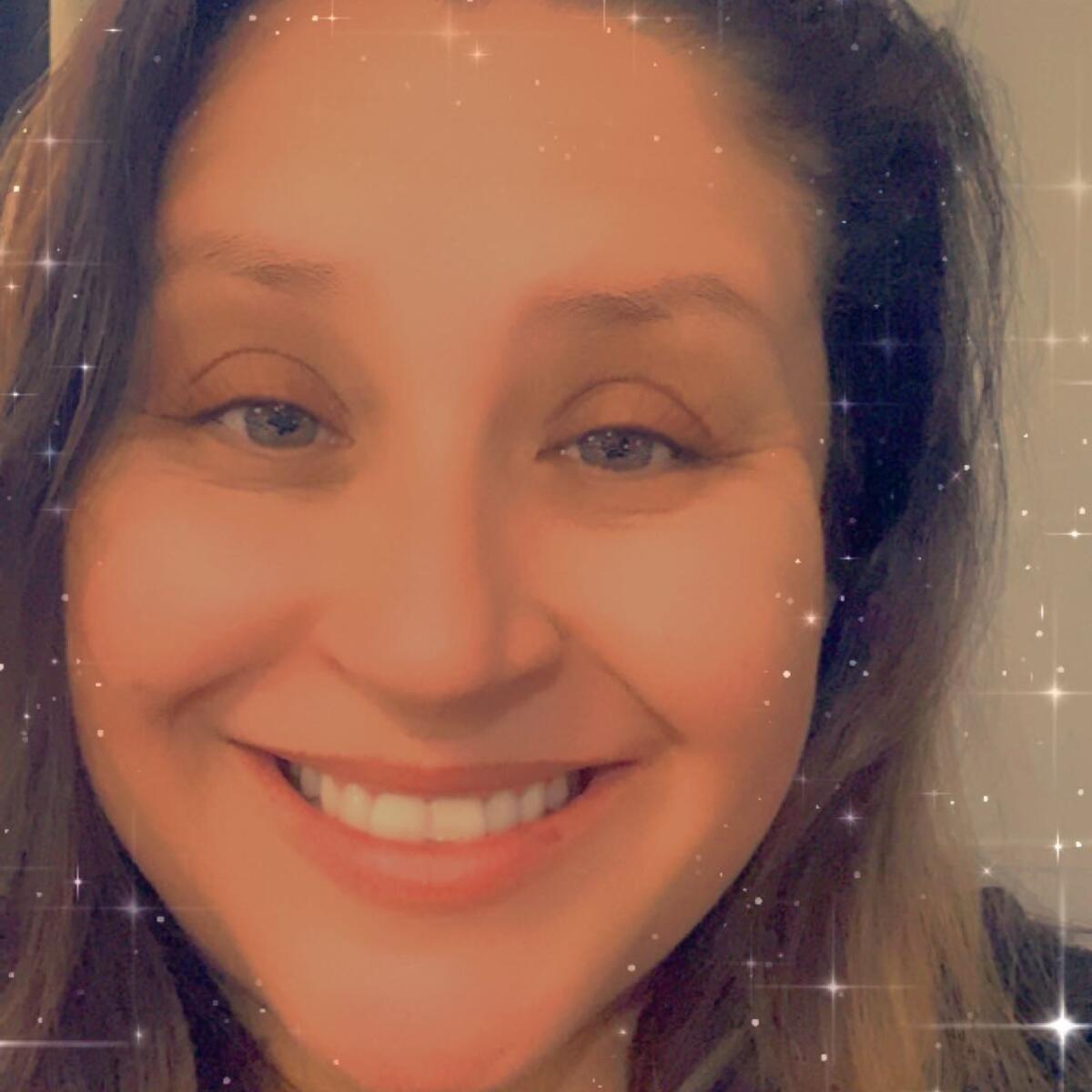
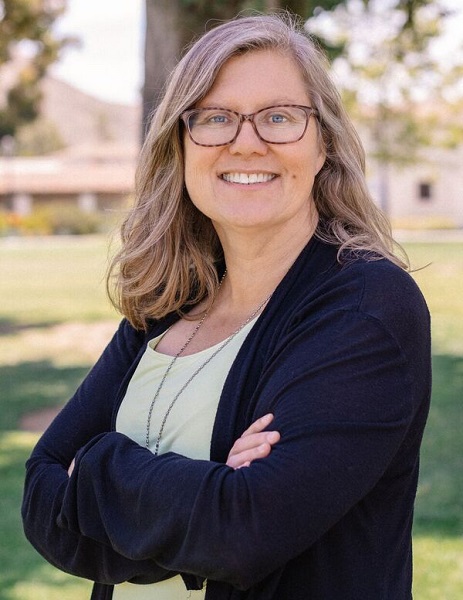
A mother, bilingual educator, and activist, Danna Lomax currently serves as a Dual Language Teacher Specialist for Secondary Education in Ventura Unified School District and Lecturer at California State University Channel Islands. Danna’s work focuses on culturally sustaining practices that integrate the many strengths students bring to the classroom. In addition, Danna creates trans-disciplinary, project-based units in Spanish and English that encourage students to promote peace with themselves, each other, and the planet.
Danna’s recognitions include: Earth Charter Summit Award, PBS Innovation Award, Fulbright Teacher Exchange (Uruguay), AAUW Career Development Grant, Ventura Unified School District Teacher of the Year (2013), and Excellence in Teaching Award from Learning for Justice(2018). Danna agrees with Mother Teresa, “If there is no peace, it is because we have forgotten that we belong to each other.”
A Day in the Life - Teaching Special Education Students with Maria Morales
Q+A, tips and tricks with local elementary school teacher Maria Morales
Ask a Teacher! with Courtney Downing - Rio Linda Elementary School
How do you manage your classroom?
When I think of my classroom, I don’t necessarily approach it as something that involves managing. I tend to think more about the establishment of a classroom culture, and I find that with a strong classroom culture I often do not find the need to do much managing. I spend a great deal of time at the beginning of the year taking time to get to know my students and establishing a sense of safety and security in our classroom. I treat students as humans first and lead them to see that our relationships in our classroom are reciprocal. Before all else, I strive to make sure each and every student knows that I care about them deeply through my actions and my words. We speak often of “The Golden Rule,” and how it is my job to also treat them the way I would like to be treated, just as I’m asking them to do for one another. We begin by building our community together, and that emphasizes that everyone’s voice, feelings, and thoughts are important. I find that students who feel valued tend to be better at managing themselves and helping others do the same.
How do you interact with and build relationships with parents?
At Back to School Night each year I have a slide in my presentation that I share with parents that shows an equilateral triangle. The top point is labeled with “student,” and the bottom two points are labeled with “families,” and “teacher.” As I share this slide, I explain to parents that we are a team and that the connection between families and myself is integral to supporting the success of their students. This concept of teamwork and a common goal guides my entire philosophy for each school year. Parents have access to my email address and we set up a virtual account on digital platforms (Class Dojo, Seesaw) for easy communication. I keep our classroom learning transparent, honest, and relevant. Parents receive weekly news, information on student progress toward learning goals, and photos/updates of activities occurring in the classroom. By having this open communication with parents and taking moments from my day to help even the busiest parents feel seen and feel connected to our classroom, I find the mutual respect grows and I am supported in return.
How have you helped a “tough” student?
It goes without saying that in a teaching career, you are going to have students who come through the door of your classroom and need more of you - more patience, more love, more support, more resources. If you see the behaviors and think, “Wow, this student is communicating that he/she needs my help to feel safe and in control,” it helps to reframe your own mindset. A fresh mindset is integral to helping students who need that extra love. Their behaviors are not coming from a place of wanting to bother you, rather, they are communicating that they need something in the way that they may not be able to verbalize. Once I’ve made that shift for myself, I focus on building a relationship with that student by finding and recognizing strengths, valuing interests, and working twice as hard to make sure that student knows they are an integral part of our classroom and that they are important. I honor the need to cool down after a tough day, but hold fast to the belief that each day is a new day and a new beginning. Those “tough” students need teachers to see and believe in their potential, or how can we expect anything to change?
What do you like best about teaching?
It is so hard to narrow it down to just one thing! I feel so fortunate every day to be involved in a profession that I look forward to everyday - a profession that is challenging, rewarding, and anything but repetitive. If I could narrow it down to one thing, one part of teaching that never gets old to me and keeps me so in awe of what I am privileged to do each day...it would be watching students become readers. When I taught kindergarten, I could honestly say that I never tired of being present when a student decodes their first word. The look on that face when each letter sound is made and strung together and the student looks up at you and repeats the word that he/she just sounded out...that moment. That same moment is found in first grade as students grow in proficiency and complete full books and engage in conversations about books with peers. I love helping students feel empowered to access the world through literacy.
How do you build your curriculum?
To be completely transparent, I don’t have a static answer to this question. However, I can share a few principles that I hold to help me make those decisions. First, I think from a student-centered perspective. I ask myself, What are students interested in and how can I connect that to our learning standards? There are definitely trends in things that kids find interesting, so there can be some consistency from year to year. Next, I look at how I can make lessons interdisciplinary. There is never enough time in teaching, so I find value in looking for ways that we can integrate subject areas to build more connections and bring more reality to our learning. Finally, I look for ways to bring social-emotional learning into the conversations as well. I look for texts to use in the classroom that lend themselves to those three qualities and build learning around that, supplementing with additional texts or resources as needed. I like to set up curriculum, lessons, and units that lend themselves to students making natural connections throughout the course of the day. Connections are meaning-making, and meaning-making leads to more lasting learning and curiosity.
